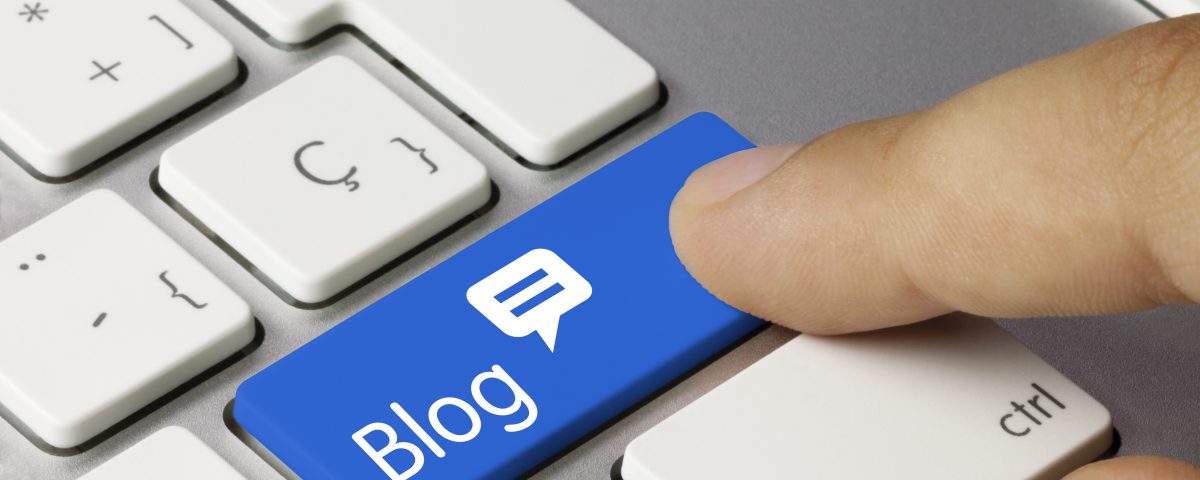Article Update: Forensic Audit Versus Financial Audit: Knowing What Your Business Needs

News Update: Nigeria’s economic indices conducive for growth – CBN
September 6, 2017
Article Update: Explained: How exiting recession affects you
September 7, 2017The need for internal controls in exercise of compliance with the codes of good corporate governance cannot be over emphasized as one integral aspect of these controls is financial oversight.
It is pertinent however, to determine reasons for audit engagement before involving in one as there are various types and they have their peculiarities and separate objectives depending on what you want as a business owner.
A financial audit is an objective evaluation of an organization’s financial reporting processes. The primary purpose for financial audits is to give the stakeholders reasonable assurance that financial statements are accurate and complete.
There is also however, a growing demand for forensic audit service as a result of increasing fraudulent practices in businesses and government agencies around the world.
An auditor, in conducting a financial statement audit is charged with the responsibility of revealing the financial position of the business at a particular time to detect fraud while a Forensic auditor in his audit procedures has the objective of detecting specifically, asset-theft fraud and examining an individual’s or a company’s financial information for use as evidence in court.
It is common to find business owners, request an accounting firm to conduct a financial statement audit if he suspects asset-theft fraud when in fact what is needed is the service of a Forensic auditor.
It is also important to note that note that Forensic audit cannot be taken up by just any account professional as even Chartered accountants need special skills to take up forensic audit assignments. There are special courses available with modules covering fraud psychology , criminology and forensic tools. Forensic auditors use their financial and qualitative tools to investigate and detect these fraud patterns.
Forensic audits are presented as evidence by a prosecutor or by a lawyer representing an interested party. It may also require a prosecutor or lawyer to call upon expert witnesses to explain the significance of the audit or to have the auditor do so himself or herself in order to build a case
In summary, a Forensic investigation is suis generis, highly specialized, a blend of accounting, auditing and investigative skills and should be conducted by a certified public accountant who is also a certified fraud examiner that has knowledge of the relevant legal framework

